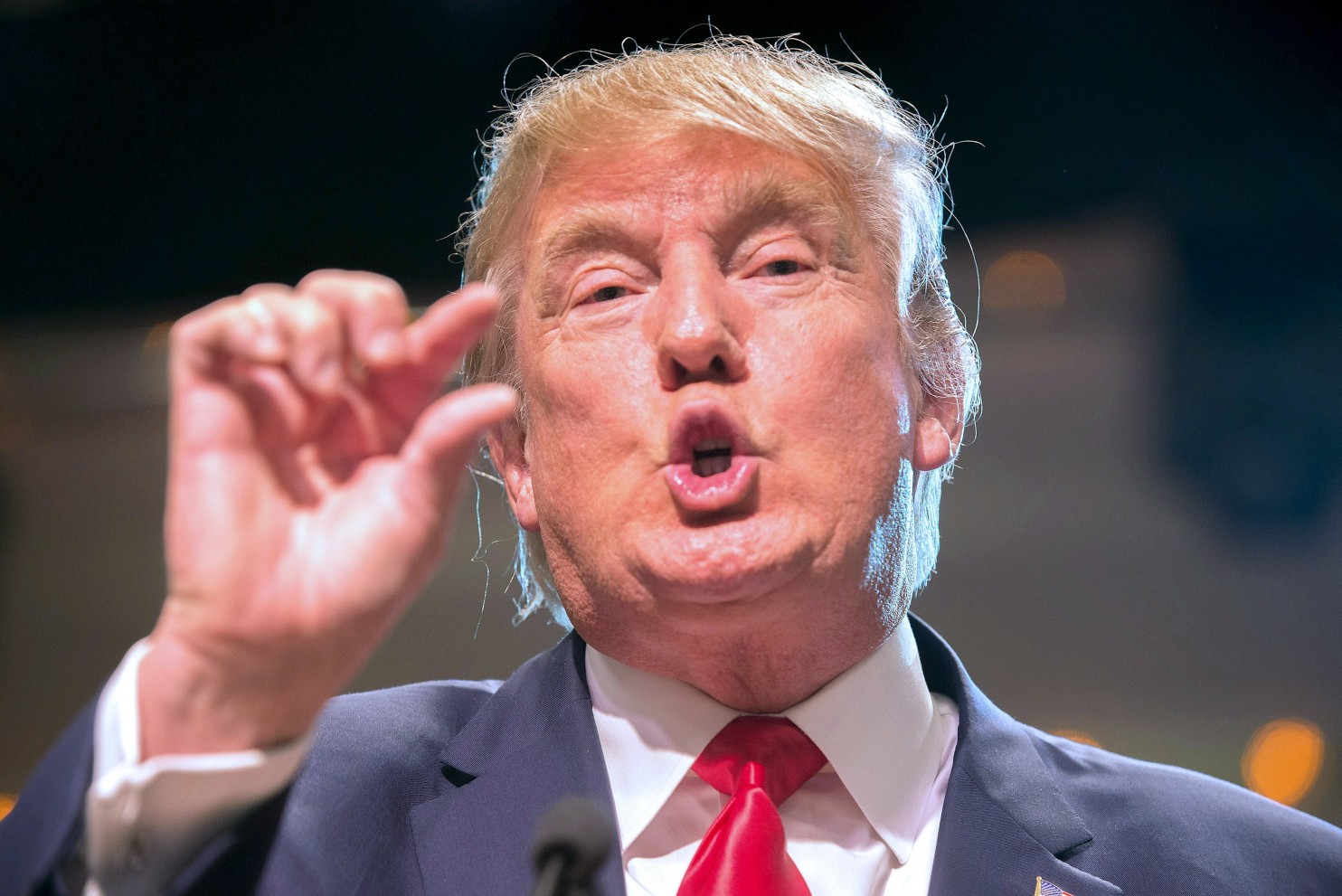Trump: all alone at SEA(sia)

On July 28, Donald Trump successfully clinched the Republican nomination for the upcoming US Presidential election. This development elicited all sorts of reactions from international and domestic observers; the overwhelming tone has been one of pessimism. Words like “stupid,” “dangerous,” “extremist,” and even “ignoramus” abound in coverage from respected outlets like The Economist and The New York Times.
This outlook is shared by the foreign affairs commentariat: a constant theme is Trump’s total foreign-policy amateurishness, illustrated by his hopelessly simplistic analyses of complex international issues. A recent letter from 50 senior Republican national security figures read:
“Mr Trump has demonstrated repeatedly that he has little understanding of America’s vital national interests, its complex diplomatic challenges, its indispensable alliances, and the democratic values on which US foreign policy must be based.”
If these characterisations are true, then a Trump Presidency has the potential to have a serious negative impact on the US-led global rules-based order. This order has largely underwritten peace and prosperity worldwide since the collapse of the Berlin Wall. The unimpeded flow of goods, people, data and ideas that gave birth to global economic and developmental advances – what we call ‘globalisation’ – is backed and enforced by US power.
Southeast Asia is a region for which this is particularly true. It has directly benefited from globalisation, serving as a manufacturing, resource and finance supplier to the global economy. The injection of capital into the region has allowed countries like Singapore, Malaysia and the Philippines to thrive, prosper and position themselves as key parts of the global economy.
For a couple of reasons, a Trump Presidency is often described as having serious potential to undermine all of this hard-won success. US ability to guarantee good order in the maritime environment of Southeast Asia rests on the twin pillars of its alliance framework and its military might, including its nuclear arsenal.
A Trump White House, so the narrative runs, could upset the balance between these two components. First, his statements on alliances are regarded as problematic. His desire to make US allies “pay more” for their own defence might cause those allies to doubt US commitment to its alliance framework, thus weakening the system as a whole. Second, Trump’s confused and conflicting statements about the use of force could lead regional states to either doubt Washington’s willingness to fight in defence of the rules-based order, or, conversely, to use force too readily, thus promoting instability. This narrative is a potent and compelling one and should be taken seriously.
However, we should not be too quick to argue that a collapse of international law and order in the Asia-Pacific will occur should Trump become President. Instead, we should view Trump’s rise in the context of a gradual process of questioning the American position in the Asia-Pacific and Southeast Asia. Regionally, there has been a slow slackening of belief in the timeless continuity of American power.
Long predating Trump’s rise, states in Southeast Asia have had cause to doubt America’s will to operate in the region. Washington is grappling with serious social, political and economic problems at home. Traditionally, periods of domestic economic stagnation and social upheaval occur at the same time as American isolationism. To be sure, Trump’s rhetoric may have crudely thrust isolationism back into the spotlight, but this is a vocalisation of sentiments felt by an electorate sick of strategic quagmires caused by aggressive American foreign policy, a trend that existed before Trump reached national political prominence. It is difficult to imagine that any US leader, let alone Trump, would be willing to plunge their country back into conflict in Southeast Asia.
On a more practical level, America’s ability to operate throughout maritime Southeast Asia may be under question. The proliferation of maritime military technologies raises the risk for US forces conducting activities on, over and under the water. This has the dual effect of lowering American operational effectiveness (the US military might be beaten) and raising the risk for any operation (increasing the number of casualties and further lowering America’s will to fight).

ASEAN countries like Singapore, the Philippines and Thailand – all of whom have a demonstrated strategic interest in continued US presence in the region – will no doubt be nervously watching the outcome of the November elections in the US. However, well before the possibility of a Trump Presidency, these states were investigating other strategic options. The very fact that they all consider it necessary to arm themselves suggests a lack of confidence in the Pax Americana. Many ASEAN countries play a careful game of strategic ‘hedging’ – meticulously maintaining friendly relations with both the US and its main Asian rival, China. Regional players have also looked to their neighbours – Singapore, for example, has sought closer relations with Australia to diversify its strategic options.
Rather than its cause, Trump is almost incidental to an erosion of US power in Southeast Asia. The potential threat that his emergence poses should be understood in the context of a longer-term weakening of US hegemony. A Trump Presidency would do nothing for US power and prestige in the region, certainly, and would probably accelerate the decline of Washington’s role as guarantor of regional security. However, to lay too much blame at the feet of The Donald is misleading and panders to the long-discredited ‘Great Man’ view of history. Trump is a symptom of America’s regional decline, not its cause.


